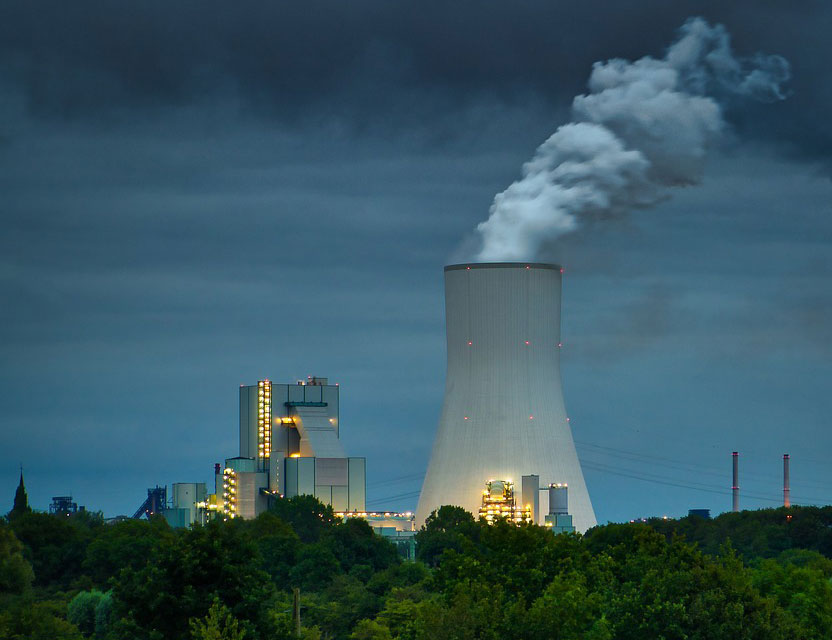As energy consumption increases worldwide, its environmental impact is becoming more evident, particularly in countries like Canada. Excessive energy use, especially from non-renewable resources such as fossil fuels, contributes to climate change and habitat destruction. These consequences have a direct effect on endangered species, disrupting ecosystems and threatening biodiversity. At EcoEdify, our goal is to educate the next generation on the importance of energy conservation through engaging educational tools like comics, empowering children to become advocates for environmental preservation.
Energy Consumption and Its Environmental Impact in Canada
Canada is one of the largest consumers of energy globally, due to its large geographical size and cold climate. The majority of energy consumed in Canada comes from non-renewable sources like oil, natural gas, and coal. These energy sources contribute to greenhouse gas emissions, which accelerate climate change. Rising global temperatures, shifting weather patterns, and melting polar ice caps are some of the adverse effects, all of which affect the wildlife and ecosystems in Canada.
At EcoEdify, we aim to raise awareness of these environmental challenges by offering a comprehensive environmental education program through our digital comics. By making energy conservation fun and engaging for kids, we hope to inspire positive environmental behavior that lasts a lifetime.
How Energy Overconsumption Endangers Wildlife
One of the most critical issues stemming from energy overconsumption is the threat to endangered animal species. Canada’s wildlife, including iconic species like polar bears and caribou, faces significant risks due to habitat loss caused by energy-related activities. Here’s how excessive energy use affects wildlife:
- Polar Bears: With the melting of polar ice caps due to global warming, polar bears are losing their natural habitats. These majestic creatures rely on the ice for hunting seals, their primary food source. As energy consumption leads to more greenhouse gas emissions, the ice continues to shrink, forcing polar bears to travel longer distances for food, and reducing their chances of survival.
- Caribou: Another species affected by climate change is the caribou, a key animal in Canada’s northern ecosystems. Deforestation and industrial activities, driven by the demand for energy, destroy their habitats. Additionally, climate change alters the ecosystems caribou depend on, threatening their ability to find food and migrate.
By educating children through our platform, EcoEdify fosters a sense of responsibility toward wildlife conservation. We emphasize the importance of reducing energy consumption to protect endangered species and preserve biodiversity.
EcoEdify’s Role in Promoting Energy Conservation
At EcoEdify, we are committed to environmental education with a focus on practical solutions. Our educational comics, featuring engaging characters and interactive elements, encourage children to explore energy conservation topics. Through our AI-powered educational assistant, we offer personalized learning experiences that motivate children to take action in their own lives, whether it’s encouraging their families to use energy-efficient appliances or to adopt renewable energy sources like solar panels.
We believe that teaching kids about energy consumption and its effects on wildlife is crucial for creating a generation of environmentally-conscious individuals. Our platform also supports global collaboration, connecting children, educators, and environmental activists from around the world to tackle environmental issues together.
Conclusion: Taking Action for the Future
Excessive energy consumption not only impacts human life but also poses a severe threat to Canada’s wildlife. Species such as polar bears and caribou are at risk of extinction due to the effects of climate change, habitat loss, and human activities driven by energy demand. Through EcoEdify’s innovative approach to environmental education, we strive to make energy conservation an engaging and accessible topic for the next generation.
By instilling the values of sustainability and conservation in children today, we are laying the groundwork for a brighter, more eco-friendly future. Together, we can reduce our energy consumption, protect endangered species, and preserve the planet for future generations.



